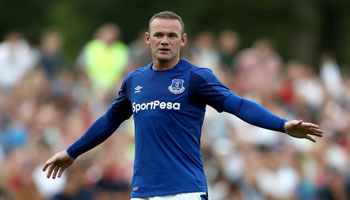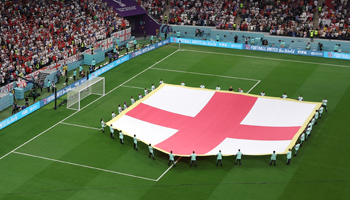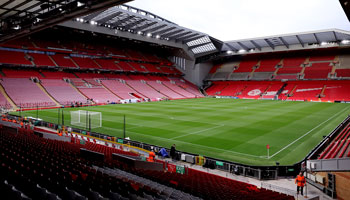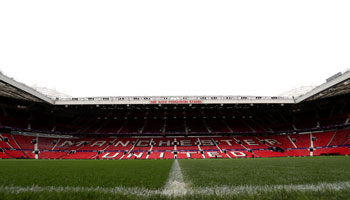With this summer seeing plenty of high-profile goalscorers switching clubs and several more on the horizon, many fans will be debating whether their new arrival will prove to be value for money.
Supporters of Chelsea and Manchester United seem unsure of who got the better deal from their clubs’ intertwined pursuits of Alvaro Morata and Romelu Lukaku, with Wayne Rooney’s return to boyhood club Everton also dividing opinion, so we turned to the data for answers. We’ve analysed a range of factors for every transfer which saw a goalscorer move between clubs in the “big five” European divisions in the last decade to see what matters the most.
The price matters … if you spend enough
When we looked at the size of the transfer fee, we saw a predictable – but reassuring – pattern at the top end of the market. If you spend over £20million on a player then you can expect a return of just over a goal every other league game in their first season. This drops in line with the fee paid but interestingly there’s no performance difference in the first season between players commanding a fee of under £10million and those who moved for free. Therefore a club on a tight budget but in need of an immediate goalscoring impact would be advised to pick up an out-of-contract striker and spend what little cash they have on improving other areas of the team.
Veterans provide the best value for money
We then broke players down by age and found that goalscoring rates in the first season after a move declined gradually for older players but nowhere near enough to compensate for the transfer premium that younger forwards command. If you were to divide fees paid for players aged 28 or under by the number of league strikes in their first campaign, it works out at over £1million per goal while goals scored by players aged 29 or over in their first season work out at a far cheaper £360,000 apiece. Obviously those players will age beyond usefulness far more quickly and offer little resale value but in the short term there’s plenty to be said for recruiting a player in the twilight of their career.
Experience of the league is irrelevant … unless you’re in England
Continuing with the benchmark set by £20million players earlier of netting at least one goal every two games in their first season, we wanted to see whether players moving between specific leagues adapted better than others. When we broke down transfer flows between each of the “big five” divisions, we found the Premier League stood out in an interesting way – it’s the only one where recruiting players from overseas is less effective than poaching them from a domestic rival. Just over a quarter (27%) of Premier League goalscorers arriving from another English top-flight side racked up at least a goal every other game in their first season, compared to just 17% of those coming from abroad. Does this suggest that Lukaku – now at his fourth Premier League club despite only being 24 years of age – will have an easier time adapting than Morata?
Some countries breed better goal machines than others…
The nationality of the player has also been a significant factor in their ability to hit the ground running at their new club. Argentinians have adapted best of all, with an average goalscoring rate in their first season equivalent to 19.5 league goals (if we project their scoring rate across a 38-game season). This is far ahead of any other nation with at least 10 goalscorers moving in the last decade, with Italians, Germans and English players the next most productive with far inferior averages of just over 14 goals a season.
… but some nations provide much better value
As with age, we were also interested to see if the nationality of a player had any bearing on the value for money they provided, particularly in their first season. Chelsea fans will no doubt be pleased to learn that Spanish strikers like Morata have provided a better return on their clubs’ investment than forwards from any nation besides Italy while Lukaku’s Belgium has provided by far the worst value in recent years. The average Spaniard bangs in a league goal for every £665,000 of their transfer fee during their first season while the average Belgian’s goals cost a whopping £3.37million in year one. Perhaps Belgium’s impressive recent rise in stature has inflated the market for their players’ services but whatever the reason it will take a stellar season at Old Trafford for their £75million man to demonstrate his worth.















